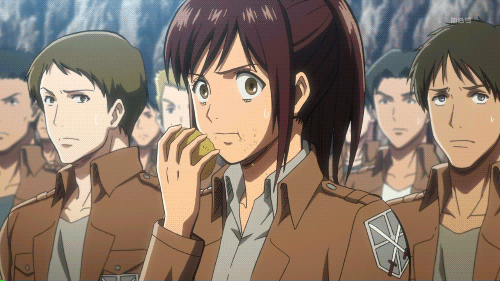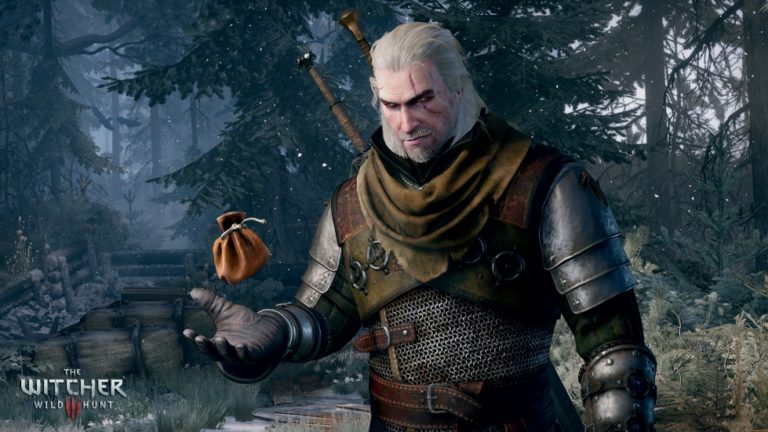Attack on Titan is one of those blockbuster series that you can expect even the most casual...
Trash
Back in mid-2019 I wrote an article about how I thought that Death Note, popularly considered one...
I wasn’t really into anime when I was growing up. I watched localized successes like Sailor Moon, Pokemon and...


